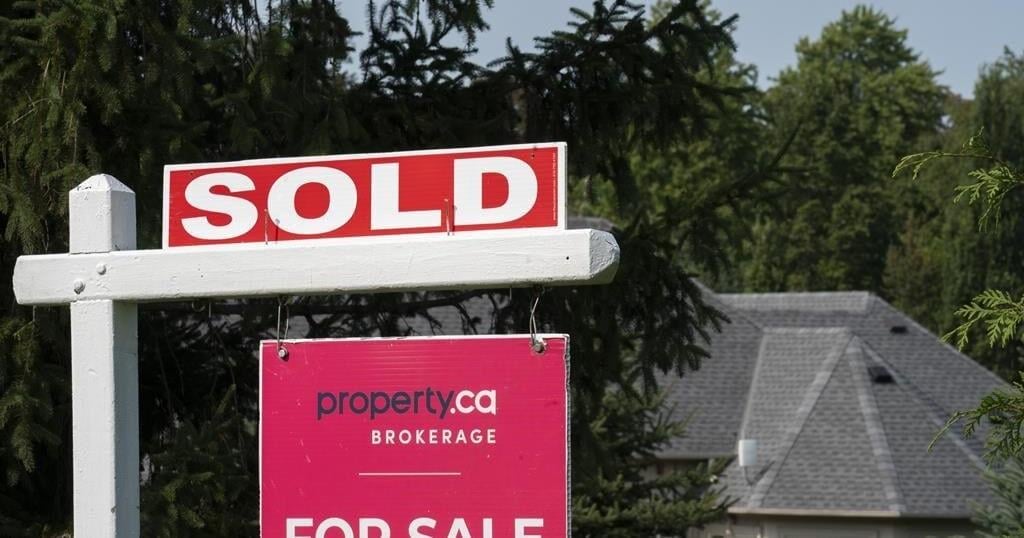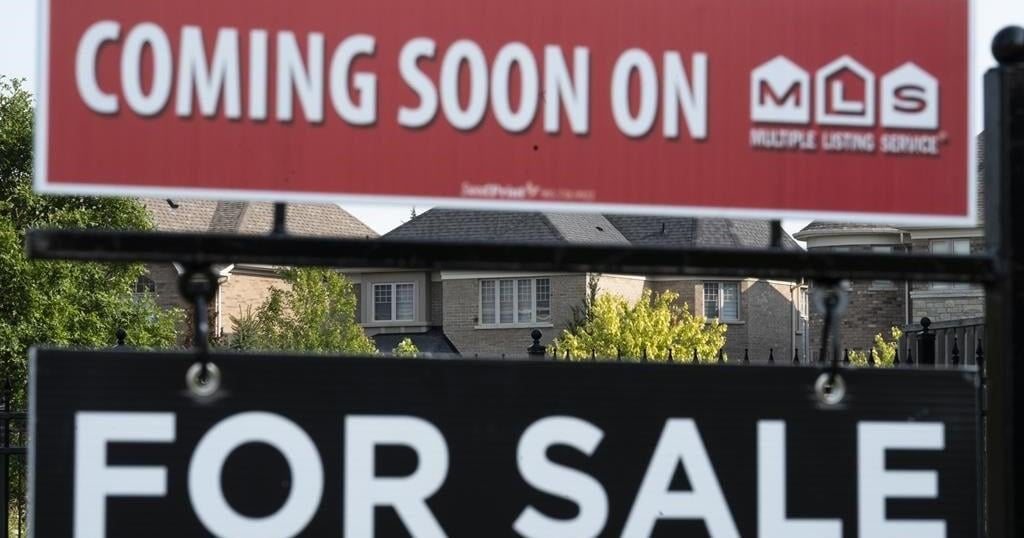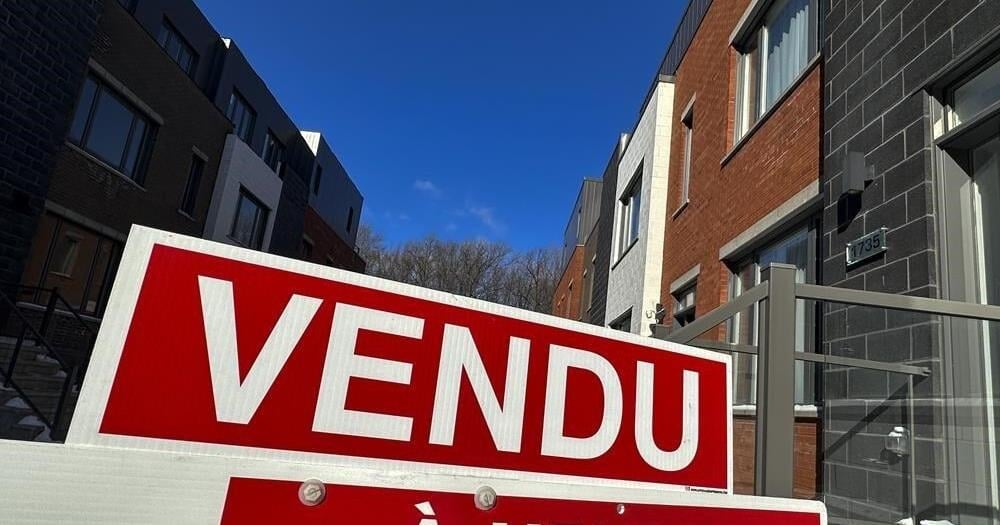In the heart of Canada’s federal governance hub, Ottawa, discussions are intensifying around the nation’s pressing housing crisis. As soaring property prices and the scarcity of affordable housing take their toll on cities across the country, policymakers in Ottawa, representing the federal government of Canada, are now turning their attention to short-term rental platforms like Airbnb. The rapid conversion of residences into vacation rentals has amplified concerns about housing market dynamics, affordability, and the availability of homes for permanent residents. In this article, we will delve into the current situation, proposed regulatory changes, and the potential implications for homeowners, renters, and the broader Canadian community.
The housing crisis has cast a shadow over Canada’s major urban centers in recent years. The combination of exorbitant property prices, a dearth of affordable rental units, and an escalating cost of living has left many residents grappling with the daunting challenge of securing stable housing. This crisis has led to soaring rents and has placed vulnerable populations, such as low-income families and students, on the precipice of housing instability.
Contributing to the housing crisis is the proliferation of short-term rentals, primarily through platforms like Airbnb. These rentals, while providing homeowners with supplementary income, have been criticized for diminishing the available housing stock, amplifying rent prices, and reshaping the fabric of residential neighborhoods.
The emergence of short-term rentals, facilitated by platforms like Airbnb, has been a nationwide phenomenon. Over the past decade, Canadian cities, including Ottawa, have witnessed an influx of short-term rentals, turning residential properties into transient accommodations. While this trend has empowered homeowners with additional income streams, it has raised significant concerns about its impact on the local housing market.
Recent data reveals a significant presence of short-term rentals in Canada, with Ottawa hosting over 3,000 active Airbnb listings alone. While this has catered to the desires of tourists seeking unique lodging options, it has also led to the conversion of long-term rental units into full-time vacation rentals, further restricting the availability of housing for permanent residents.
In response to the housing crisis and the challenges posed by short-term rentals, the federal government in Ottawa is contemplating a series of regulatory changes. These proposed measures are designed to limit the expansion of short-term rentals and to ensure that the housing market remains accessible to long-term renters. Some of these proposed changes encompass:
- Nights Limitation: A notable proposal is the imposition of a maximum number of nights per year that a homeowner can rent out their property through platforms like Airbnb. This measure aims to discourage the transformation of residential properties into full-time vacation rentals.
- Licensing and Registration: Ottawa may introduce an extensive licensing system that obligates homeowners to register their short-term rentals with federal authorities. This registration process would empower federal agencies to monitor and enforce regulations more effectively.
- Zoning Regulations: The government is exploring the implementation of zoning rules that would restrict short-term rentals in particular neighborhoods or zones, particularly in areas experiencing acute housing crises.
- Penalties for Violations: The federal government is considering the introduction of stricter penalties for individuals or entities that repeatedly flout short-term rental regulations. These penalties could encompass substantial fines and the possibility of legal action.
- Data Sharing with Platforms: Federal authorities are also examining the possibility of requiring short-term rental platforms like Airbnb to share data on hosts and listings, enabling better oversight and ensuring compliance with regulations.
While the proposed regulatory changes offer potential solutions to the housing crisis, they are not without their challenges and potential consequences:
- Impact on Homeowners: Stricter regulations may adversely affect homeowners who rely on short-term rental income to cover mortgage payments or supplement their overall income.
- Tourism Industry: The Canadian tourism industry, which has thrived on the availability of short-term rentals, may face reduced options for visitors, potentially affecting the local economy.
- Enforcement: Effective implementation and enforcement of the new regulations will necessitate additional resources and a steadfast commitment from federal authorities.
- Data Privacy: Requiring short-term rental platforms to share data with federal authorities raises questions about data privacy and security, which must be addressed to ensure compliance with relevant laws and regulations.
- Housing Market Stability: The effectiveness of these regulations in stabilizing the housing market and improving affordability hinges on their design and successful enforcement.
As Ottawa, the epicenter of Canada’s federal government, confronts a severe housing crisis, federal officials find themselves at a pivotal juncture. Balancing the needs of residents for affordable, stable housing with the desire to support the local tourism industry is a complex and multifaceted challenge.
The proposed regulatory changes represent a substantial stride toward achieving that balance. While their impact remains uncertain, it is evident that Canada’s housing crisis necessitates a multifaceted approach. Stricter regulations on short-term rentals are one facet of a broader strategy aimed at ensuring that all residents have access to safe, affordable housing.
As discussions progress, Ottawa will need to consider the broader housing market and explore innovative solutions to address the housing crisis comprehensively. In doing so, the federal government can aspire to create a future where its residents can secure stable housing while still reaping the economic benefits of a thriving tourism industry.

Source link
Related





















